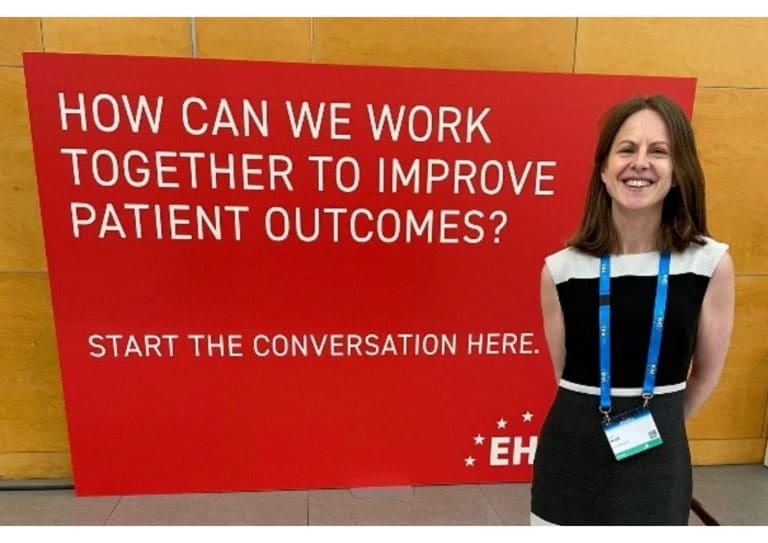Published: September 2024
The Follicular Lymphoma Foundation (FLF) is committed to advancing research and clinical applications that improve patient outcomes and treatment approaches for follicular lymphoma (FL). In line with this mission, we are pleased to announce the publication of our latest update, “Follicular Lymphoma: Mid-year Update on Pathways for Clinical and Translational Investigations.”
This publication synthesizes the latest research findings and discussions from recent major lymphoma conferences, including the Advances in Malignant Lymphoma International Conference, the American Society of Clinical Oncology (ASCO), and the European Hematology Association (EHA).
The update provides a detailed analysis of the ongoing development of more effective and less toxic therapies for FL. A particular focus is given to the progress in targeted treatments tailored to individual patients, supported by the validation of predictive biomarkers.
The publication reviews recent advancements in molecular tools that have significantly enhanced the understanding of FL and its tumor microenvironment (TME). These tools offer the potential for the development of personalized therapies and preventive strategies.
The report highlights how emerging techniques, such as spatial multi-omics, are beginning to identify drivers and markers of high-risk FL, paving the way for targeted treatments for patients with the most challenging clinical scenarios.
The update also addresses the role of clonal progenitor cells in FL relapse and the development of new experimental models that are expected to drive innovative drug therapies. These models represent a critical advancement in the research landscape, offering new avenues for understanding and treating FL.
A overview is provided on the progress of immune-based therapies, including CAR-T cells and bispecific T-cell engagers (BiTEs). The publication discusses recent data on these therapies, their potential for earlier lines of treatment, and ongoing efforts to enhance their efficacy through rational combination approaches.
The FLF continues to support and fund groundbreaking research aimed at improving CAR-T therapy outcomes, exploring novel drug targets, and deepening the molecular understanding of FL.
Conclusion
Recent developments in FL research, as presented at major conferences, highlight the substantial progress being made in both understanding and treating the disease. The pace of advancement in this field is accelerating, and the FLF remains dedicated to facilitating and supporting this progress. We look forward to further significant updates, particularly at the upcoming American Society of Hematology (ASH) meeting in December.
